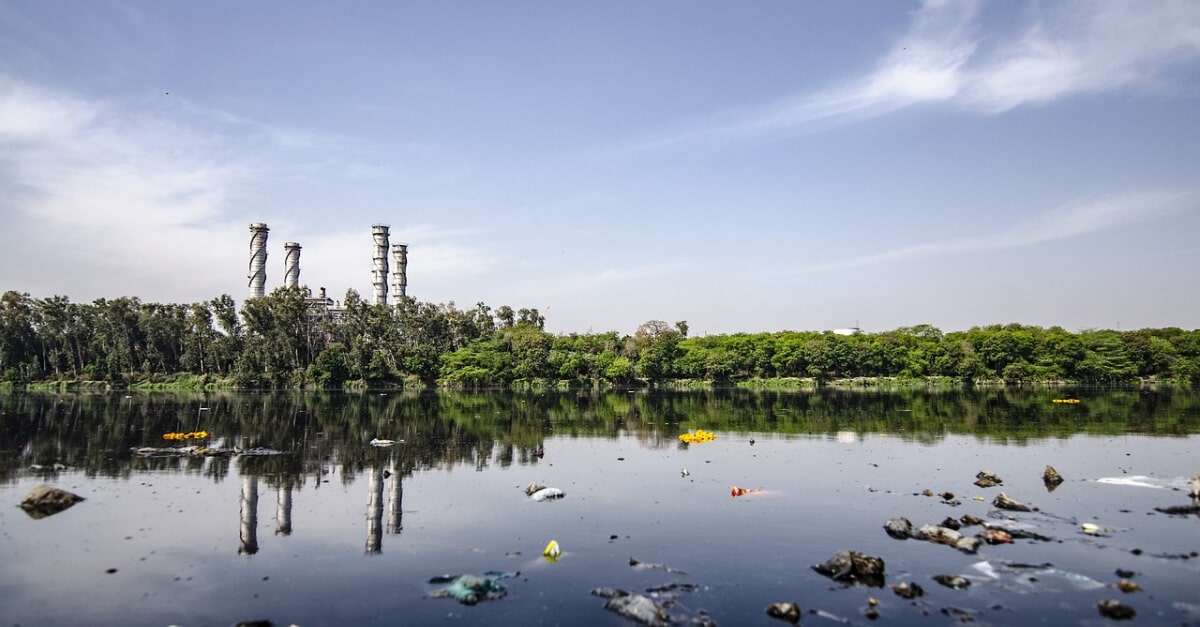Hyundai Motorstudio Senayan Park
Hyundai Motorstudio Senayan Park
Newsroom
The official news from Hyundai Motorstudio Senayan Park and a collection of innovative articles on mobility and sustainability here.
-
3 Impacts of River Pollution Must Be Prevented Immediately
- Hyundai Motorstudio Senayan Park 2022.10.11
-
For many years, humans have built civilizations near water sources or rivers. In fact, many people depend on the river for their livelihoods and livelihoods.
For example, residents of Kalimantan who rely on river flow as a means of daily transportation. In addition, rivers also meet the needs of daily life, such as drinking water, bathing, defecating, and so on.
River pollution makes the flow of river water lose its proper function. Generally, river pollution occurs when the river has been mixed with toxic chemicals so that it is not suitable for use. Apart from household waste , many companies are not responsible for disposing of industrial waste directly into rivers.
As a result, many fish die, and make the river flow dirty. To be more aware of the impact of river pollution, let's look at the review below!
What is River Pollution?
Water is the source of life for humans, animals and plants. Without clean water, many living things will experience disease, even death. So far, water is obtained from springs that appear because water sources come from trees and rainwater.
Not only that, throughout the world, the amount of water content will remain the same and experience a cycle. This is known as the water cycle.
First, the water cycle starts from rivers, lakes, seas, and other water sources evaporating and turning into water vapor. Furthermore, the water vapor stored in the clouds will fall into rain. And so on to form the water cycle.
That is why it is very important to keep river water clean, as one of the sources of the water cycle. If there is river pollution, the water vapor containing toxins will return to the earth in the form of acid rain.
River pollution will have a negative impact on living things and the environment. Because, if the river already contains toxic chemicals, it will be consumed by humans, animals, and irrigate agricultural land.
The Dangerous Impact of River Pollution
According to the Asian Geo website, almost 95% of the plastic waste that pollutes the oceans and oceans comes from river pollution. Most of these rivers come from Asia. Among them, the Yellow River, Hai River, Amur River, Ganges River, and Mekong River.
The impact of river pollution is very worrying. According to the World Health Organization, more than 485,000 cases of diarrheal deaths are caused by people consuming polluted river water.
Take a look at some of the impacts of other river pollution, below:
1. Extinction of Animal and Plant Species
The most visible impact of river pollution is the death of certain species of animals and plants. For example, many fish, turtles, or birds die as a result of rivers contaminated with industrial waste, oil spills, or exposure to toxic chemicals.
In addition, river pollution also affects environmental conditions and soil structure around the river area.
2. Cause Disease
Furthermore, the impact of river pollution on humans and animals is the emergence of several types of diseases. Examples are diarrhea, cholera, skin diseases, and even cancer.
When humans consume river water contaminated with metal or mercury waste, it can be life threatening, causing birth defects. Therefore, river pollution is very dangerous and absolutely cannot be used or drunk.
3. Damaging Soil Structure and Agriculture
In Indonesia, agricultural land and plantations generally use irrigation systems from rivers. If there is river pollution, then the water that flows into agricultural land will seep into the structure of the soil layer.
As a result, cultivated vegetables or fruits will contain toxic chemicals. When consumed by humans or animals, of course, it will cause health problems. In addition, the growth of plant seeds will also be disrupted.
Solutions to Overcome the Impact of River Pollution
Overcoming river pollution can not only be done by one party or the government alone. It requires cooperation and contributions from all levels of society.
A clean and clear river is a source of healthy life for the whole community. That's why, we need to take the role and responsibility to keep rivers clean and pollution free.
Here are some tips to keep the river clean and avoid the impact of river pollution:
- Dispose of household waste in its place. Sorting organic and non-organic waste so that they are not mixed in the same bag. Avoid throwing diapers or kitchen waste directly into the river.
- Try to use organic fertilizers such as livestock manure for agricultural land.
- Make proper channels and sanitation systems, so that there is no leakage or disposal of human waste into the river.
- Clean up garbage in the river regularly with the community.
- Start educating children from an early age so as not to pollute the river with chemicals such as laundry soap or bath soap.
- Empowering communities at the village level to build compost houses or integrated waste management (waste banks). Thus, waste can be managed properly and has economic value to reduce the impact of river pollution.
Often there are many unscrupulous residents who throw plastic waste or even baby diapers into the river. In fact, the waste is very difficult to decompose and risks blocking the flow of the river. As a result, floods often occur due to the flow of rivers that are blocked by garbage.
Effective actions and programs are needed to educate the public so that it is easier for them to manage household waste. So, there will be no more people throwing garbage into the river. Hopefully this article is useful.




